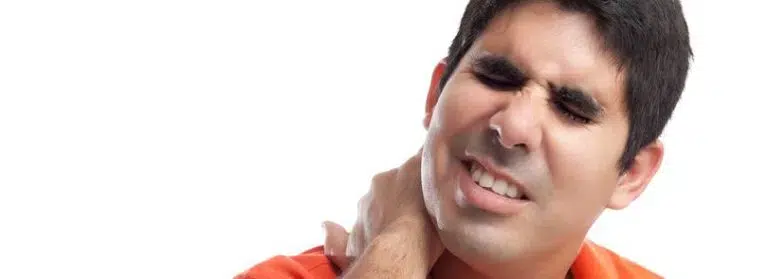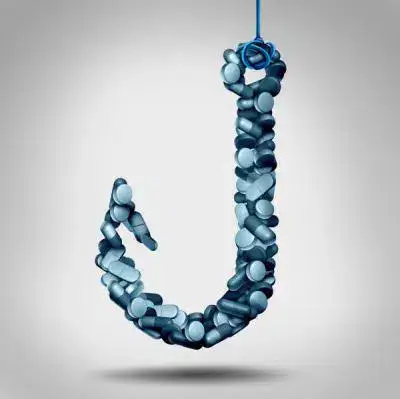Colorado Chronic Pain Sufferers Find Non-Opioid Treatments that Work

The New England Journal of Medicine estimates that 30 to 40 percent of the US population suffers some form of chronic pain, from recurring headaches to debilitating back pain and everything in between. While not all of these conditions are treated with opioid painkillers, some 259 million prescriptions for opioids are dispensed each year in the US.
Although only about three to four percent of the population is prescribed opioids over a long period of time, it is estimated that about eight percent of long-term users become addicted to opioids, or about two to two-and-a-half million people in the US each year. Many of these users eventually need to divert legitimate prescriptions for opioids in order to get the drugs their bodies think they need.
Transitioning to Non-Opioid Treatments for Chronic Pain
One way to combat opioid abuse and addiction is to find non-opioid treatments to help with chronic pain. Kaiser Permanente health plan has come up with a unique program that that has been very successful in achieving this goal.
For only $100, Kaiser offers an 8-week course in pain management to plan members in Colorado that includes meetings with a care team of doctors, nurses, mental health practitioners, physical therapists, and pharmacists to integrate and coordinate care. The program gets rid of the usual process of referrals and making different appointments for medical care, physical therapy, and mental health counseling, which makes it easier to manage care.
The Kaiser program uses alternative treatments like acupuncture, massage therapy, and mindfulness to treat chronic pain. Some of these treatments have been found to be more effective than opioids in conjunction with non-opioid medications. For patients who are dependent on opioids, medication-assisted treatments are also available to help participants stop the use of opioid medications.

In a study of 80 patients using the Kaiser program in Colorado, results show lowered opioid use, 40 percent lower inpatient treatment admissions, and 25 percent fewer ER visits. Programs like these are not only more effective than other interventions, but they also lower costs to insurers and the insured by a significant amount.
Program participants have found that there are effective non-opioid treatments for chronic pain, and many find that they can once again participate in meaningful relationships and hold jobs after long periods of not being able to do so.
When Addiction Treatment Is Needed
Long-term addiction to opioids can be difficult to break with a limited term, outpatient intervention. If you or any of your loved ones need more help to break an addiction to opioids that could become life-threatening, Recovery Village at Palmer Lake is a Colorado drug rehab facility that offers inpatient and outpatient intensive treatment that helps those struggling with opioid abuse overcome their dependency.
Learn about admissions to Recovery Village at Palmer Lake and take the next step toward healing and recovery for you or someone you love.





